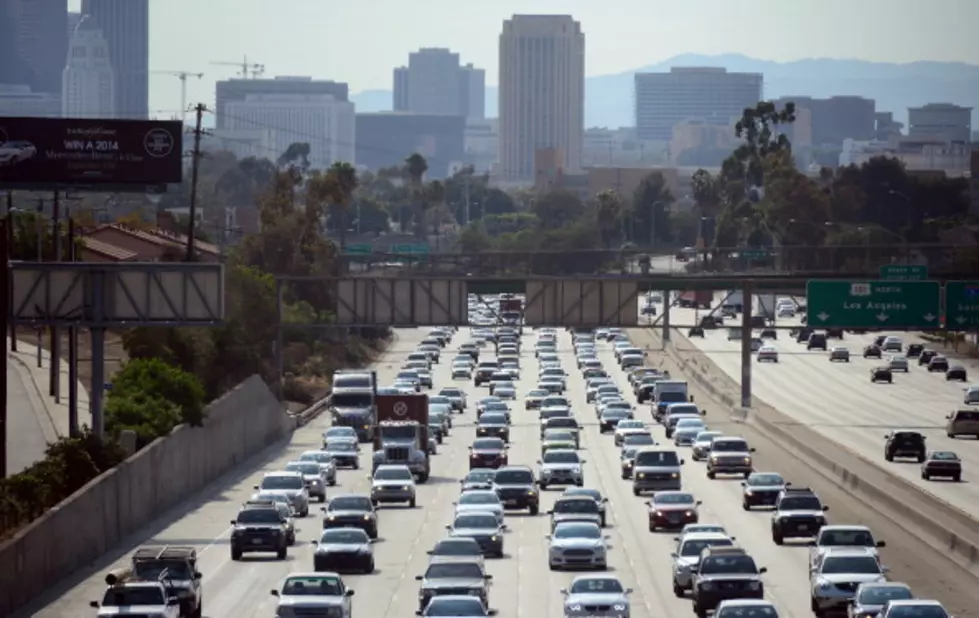
Science Answers The Question, ‘Why Is It Faster Coming Home Than Getting There?’ — Dave’s Diary
Maybe you’re heading out for a Sunday drive this weekend. Rimrock Lake, Vantage, MarDon or Mount Rainier -- wherever you go, chances are the trip home will seem to pass a lot more quickly.Scientists call this the "return trip effect" and they now have an explanation for the phenomenon.
The test by Japanese researchers was kind of intricate. Twenty men removed their watches and viewed two movies spaced 10 minutes apart. The films were the same length and were recorded by the researchers as they walked set routes. Half of the men watched two outward journeys, while the other half watched a round trip.
To establish the passage of time -- or more accurately, the perceived passage of time -- as the men viewed their films, they were asked to speak up every time they thought three minutes had passed. Just like most of us on a real trip, the test subjects who watched the round-trip films said they thought the second film was shorter.
The scientists say that simply knowing we are on the homeward leg of a trip may make it seem shorter. Previous studies on the same topic have attributed the effect to time perception and anticipation coupled with focus and concentration.
In other words, when we're headed someplace new there is a feeling of anticipation and a more intense level of concentration that may elongate the perception of time, but when we head for home the pressure is off, and our mind is more free to wander and think of other things and we don’t experience the passage of time.
Have a great trip -- but stop asking "Are we there yet?"
More From News Talk KIT






